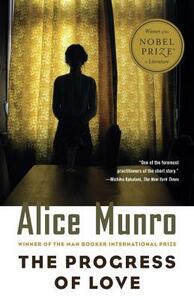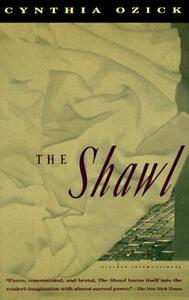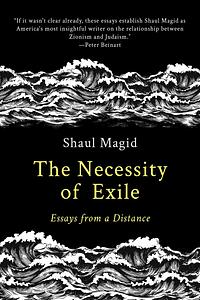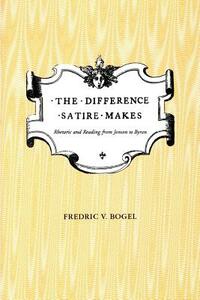Take a photo of a barcode or cover
jacobhermant's Reviews (64)
Every single story was basically the best short story I’ve ever read.
Even in such a short time, you feel you completely come to know this woman, Ozick’s forceful, visceral prose demands it.
Captures emotion so beautifully, and the way past and present can collide historically and narratively
At its best when Magid is unpacking and critiquing liberal zionism as an ideology at odds with itself and reality. Otherwise a very annoying book by an author who is just unable to move beyond zionism in any meaningful way. “Oh what if we had a new zionism but also a democratic Israel” you are living in fantasy land! Part of a lineage of Jewish studies scholars who are too attached to the zionism of their past, in various forms, to actually get out of their own heads and commit to anti-zionism, so the arguments always come across as faulty since they’re trying to hold incommensurable positions together! The chapter comparing BDS to settlements is especially egregious. He finds a vague kernel of truth that immediately falls apart in order to try and defend a politics of nostalgia. I’m sorry rabbi dr magid, but as long as you refrain from anti-zionism your arguments against zionism will never be able to be truly compelling. Could say a lot more, but I’ll keep it to this.
Grad school read (maybe 30% in full, skimming another 20%). Not really something I’m particularly interested in, but Magid works through these ideas in fairly accessible ways. It’s admittedly hard to align oneself to the Hasidic worldview from outside, and the early autobiographical sketch is both helpful and difficult for understanding Magid’s approach, but the essays work through the sources in a really impressive way. The final chapter, while unrelated to my work, is very good. If you’re interested in the topic I’d say give it a read.
Howard Zinn was my first exposure to leftist politics back when I was in high school. While I’ve definitely grown as a person and my thought has evolved, and I’m more critical of Zinn than I used to be, I still love his style and his commitment to making the world a better place. One of the great American historians and anti-war activists, he still provides a great foundation for thinking critically about history and how to use that criticism productively in the real world.
This was a reread, but I have to emphasize just how brilliant this book is. The foundational text for modern Yiddish literary studies, it remains in a league of its own. While I think you need a bit of prior knowledge about Yiddish literature to follow it, I also cannot recommend more strongly. The absolute echelon of formalist literary studies.
Only read the early chapters theorizing satire more broadly, but I really loved this! Super interesting and compelling, well-written, fun examples, and I think very useful in unpacking satire as a genre today in terms of where we put our gaze and how we establish those relations
While I appreciate the field, there is something I find so unproductively clinical about this way of analyzing literature. I think it’s a good book! I just feel opposed to its method even when I agree with it.
“Grad school read,” aka intro, a couple chapters, conclusion. This is a fantastic book. Very well-written, powerfully argued, and a really unconventional grouping of writers and artists. Ending is very unexpected and quite moving. I particularly liked the parts on Peretz and Grinberg.









